"No quick fix to Irish No vote"
Irish Foreign Minister Micheal Martin has said it is "far too early" to seek a solution to the Irish rejection of a European Union reform treaty.
Monday, 16.06.2008.
12:37

Irish Foreign Minister Micheal Martin has said it is "far too early" to seek a solution to the Irish rejection of a European Union reform treaty. He spoke ahead of talks by EU foreign ministers on how to respond to the Irish No vote on the Lisbon Treaty. "No quick fix to Irish No vote" The treaty cannot be implemented unless approved by all 27 EU states. Only the Irish Republic has held a referendum. The majority of EU members agree that those who have yet to ratify the treaty should carry on and do so. Correspondents say the assembled foreign ministers will be keen to hear their Irish counterpart's views as they look for ways to overcome the crisis. After their meeting in Luxembourg, a two-day EU summit in Brussels - starting on Thursday - is expected to chart the way ahead. Speaking in Luxembourg, Martin told reporters: "The people's decision has to be respected and we have to chart a way through... It is far too early for proffering any solutions or proposals. "There are no quick fix solutions." Slovenia, which currently holds the rotating presidency of the EU, is hosting Monday's meeting of foreign ministers. "It would be risky to say we are going to bring the treaty back to life when we are facing a blockade," AFP news agency quoted Slovenian Foreign Minister Dimitrij Rupel as saying. "I don't have any solution. We are going to listen to Minister [Micheal] Martin, maybe he has a solution. We are going to wait and think and let us respect the vote that has taken place." Irish Prime Minister Brian Cowen has also said there is no obvious solution for a way forward on the Lisbon treaty, which is meant to streamline the workings of the EU and give it a stronger voice in the world. Amid concern and frustration, the BBC reports, the EU is looking for answers. Leaders will want to know why the referendum came up with such a clear No and what changes could be made to accommodate the disparate concerns of Irish voters, the report says. They also want to work out how soon a second vote might be possible, if at all. Andrew Duff, a UK Liberal Democrat member of the European Parliament, said: "People are still stupefied by the decision of the Irish, we need to wait for the clearing of everybody's brains." Separately, French President Nicholas Sarkozy is due to arrive in the Czech capital, Prague, on Monday for talks with the Czech, Polish, Hungarian and Slovak leaders. Sarkozy's Czech counterpart, Vaclav Klaus, whose signature is needed for the treaty's approval, has broken ranks by calling the Irish No a victory for liberty and reason over elitist plans and European bureaucracy. There is also growing pressure on UK Prime Minister Gordon Brown to stop the treaty from going through the last stage of ratification on Wednesday. Meanwhile, more federalist leaders like Luxembourg's Jean-Claude Juncker have revived calls for a multi-speed Europe. They say that some countries could push forward with integration in what he called a Club of the Few. The treaty is aimed at helping the EU to cope with its expansion into eastern Europe. It provides for a streamlining of the European Commission, the removal of the national veto in more policy areas, a new president of the European Council and a strengthened foreign affairs post. It is due to come into force on January 1, 2009. A sight from Dublin (Beta)
"No quick fix to Irish No vote"
The treaty cannot be implemented unless approved by all 27 EU states. Only the Irish Republic has held a referendum.The majority of EU members agree that those who have yet to ratify the treaty should carry on and do so.
Correspondents say the assembled foreign ministers will be keen to hear their Irish counterpart's views as they look for ways to overcome the crisis.
After their meeting in Luxembourg, a two-day EU summit in Brussels - starting on Thursday - is expected to chart the way ahead.
Speaking in Luxembourg, Martin told reporters: "The people's decision has to be respected and we have to chart a way through... It is far too early for proffering any solutions or proposals.
"There are no quick fix solutions."
Slovenia, which currently holds the rotating presidency of the EU, is hosting Monday's meeting of foreign ministers.
"It would be risky to say we are going to bring the treaty back to life when we are facing a blockade," AFP news agency quoted Slovenian Foreign Minister Dimitrij Rupel as saying.
"I don't have any solution. We are going to listen to Minister [Micheal] Martin, maybe he has a solution. We are going to wait and think and let us respect the vote that has taken place."
Irish Prime Minister Brian Cowen has also said there is no obvious solution for a way forward on the Lisbon treaty, which is meant to streamline the workings of the EU and give it a stronger voice in the world.
Amid concern and frustration, the BBC reports, the EU is looking for answers.
Leaders will want to know why the referendum came up with such a clear No and what changes could be made to accommodate the disparate concerns of Irish voters, the report says.
They also want to work out how soon a second vote might be possible, if at all.
Andrew Duff, a UK Liberal Democrat member of the European Parliament, said: "People are still stupefied by the decision of the Irish, we need to wait for the clearing of everybody's brains."
Separately, French President Nicholas Sarkozy is due to arrive in the Czech capital, Prague, on Monday for talks with the Czech, Polish, Hungarian and Slovak leaders.
Sarkozy's Czech counterpart, Vaclav Klaus, whose signature is needed for the treaty's approval, has broken ranks by calling the Irish No a victory for liberty and reason over elitist plans and European bureaucracy.
There is also growing pressure on UK Prime Minister Gordon Brown to stop the treaty from going through the last stage of ratification on Wednesday.
Meanwhile, more federalist leaders like Luxembourg's Jean-Claude Juncker have revived calls for a multi-speed Europe.
They say that some countries could push forward with integration in what he called a Club of the Few.
The treaty is aimed at helping the EU to cope with its expansion into eastern Europe.
It provides for a streamlining of the European Commission, the removal of the national veto in more policy areas, a new president of the European Council and a strengthened foreign affairs post.
It is due to come into force on January 1, 2009.











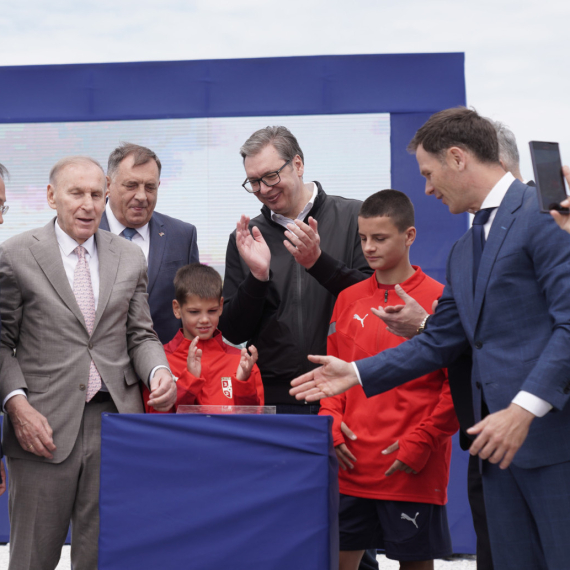
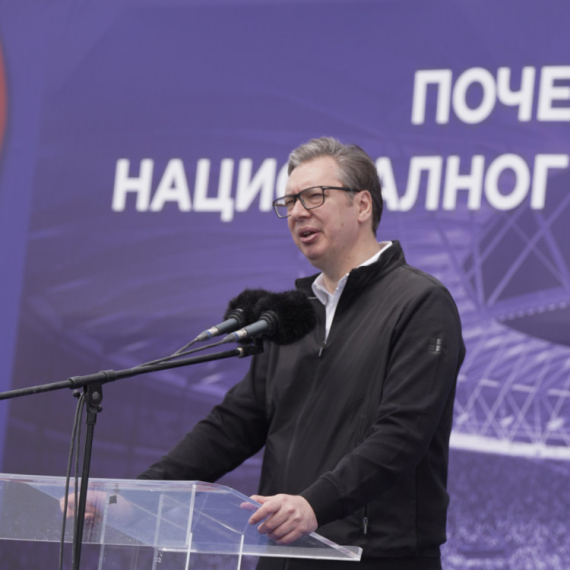
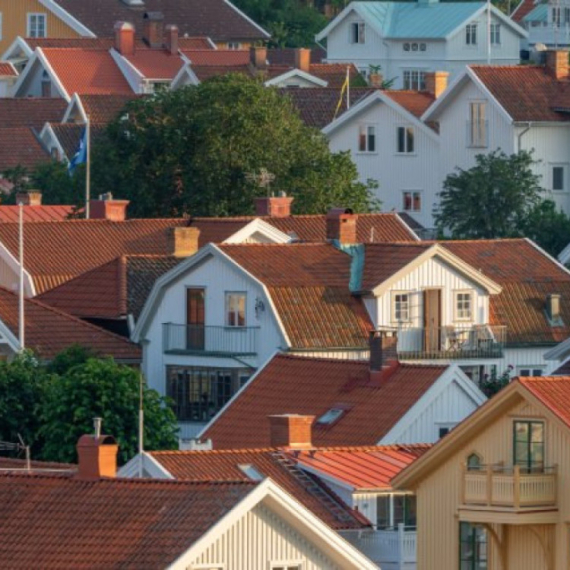


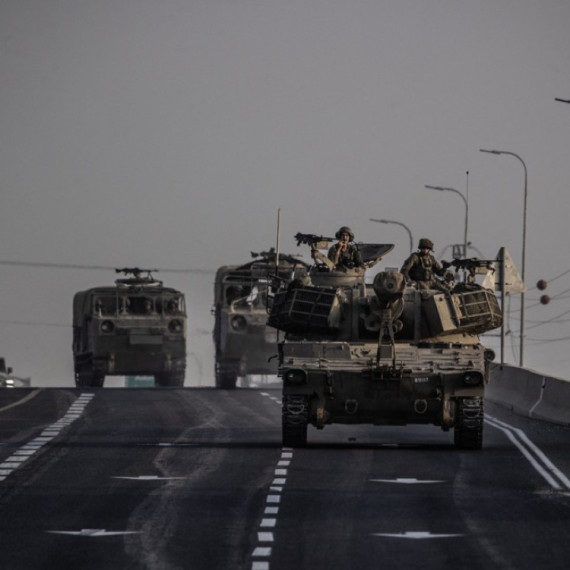
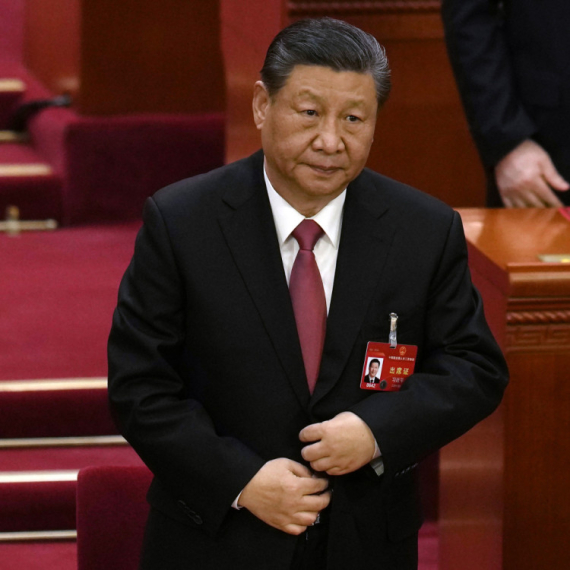
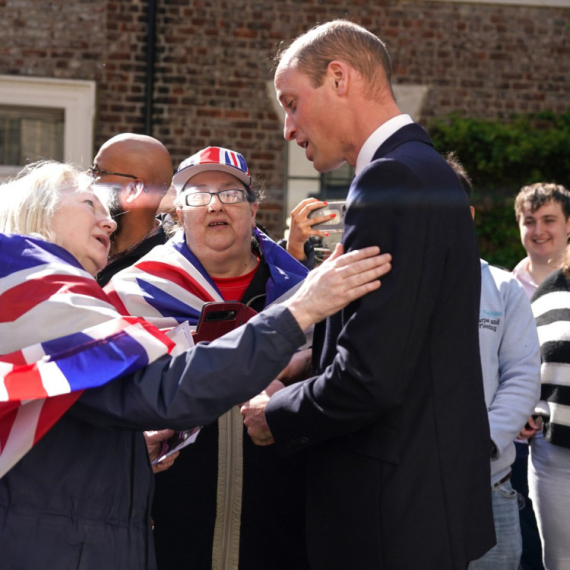
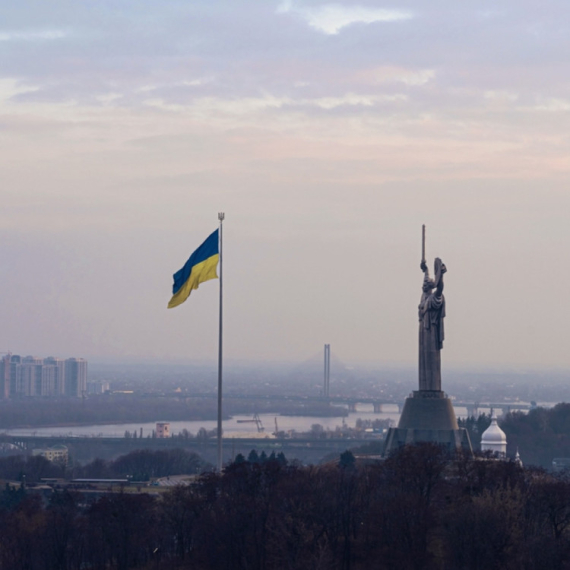
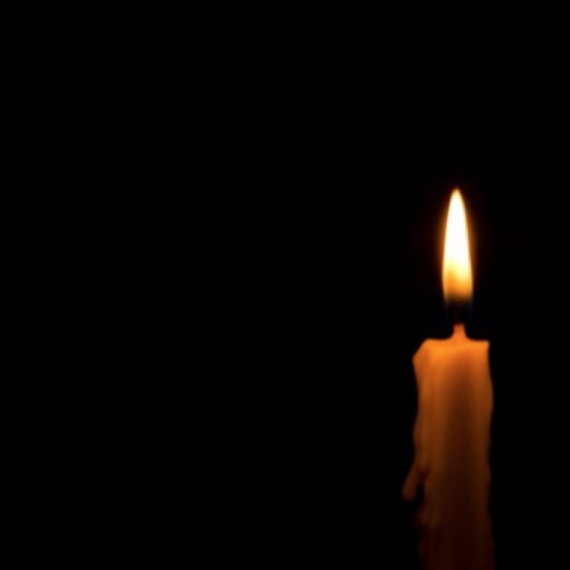

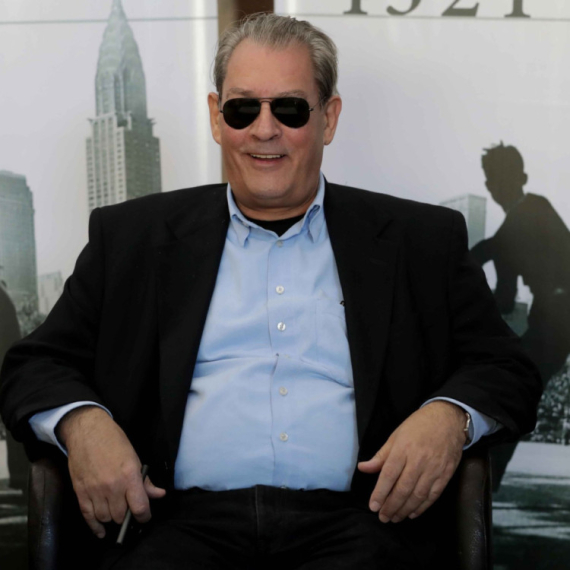






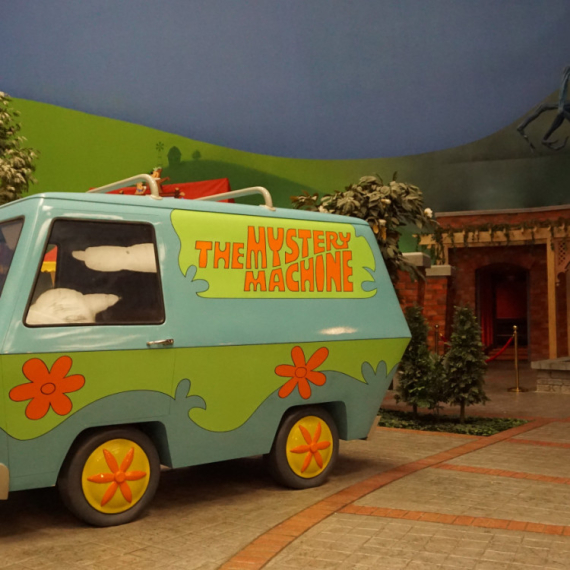









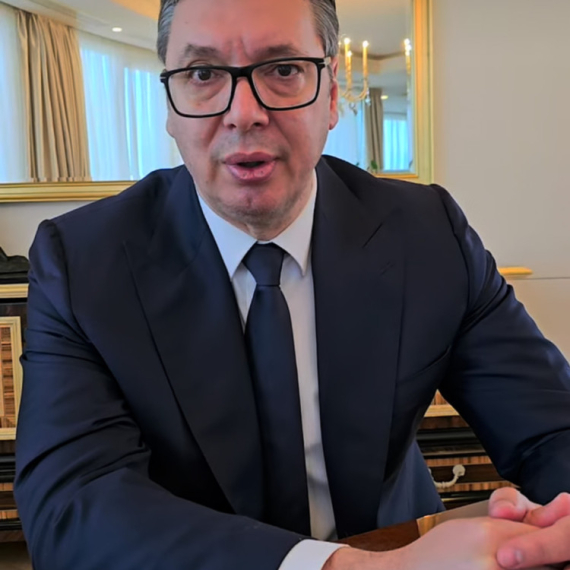
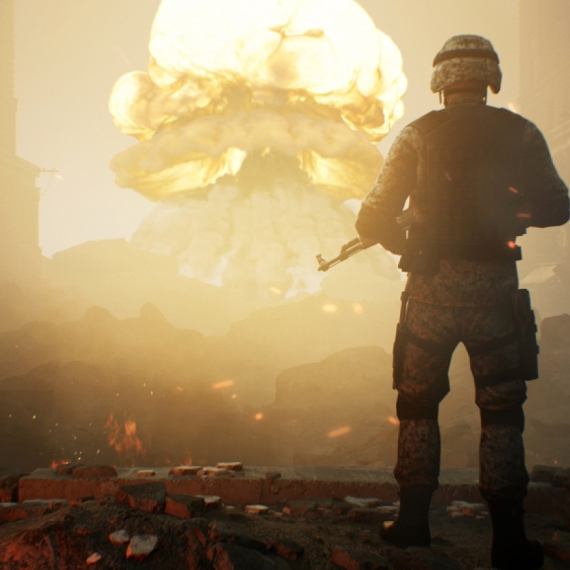
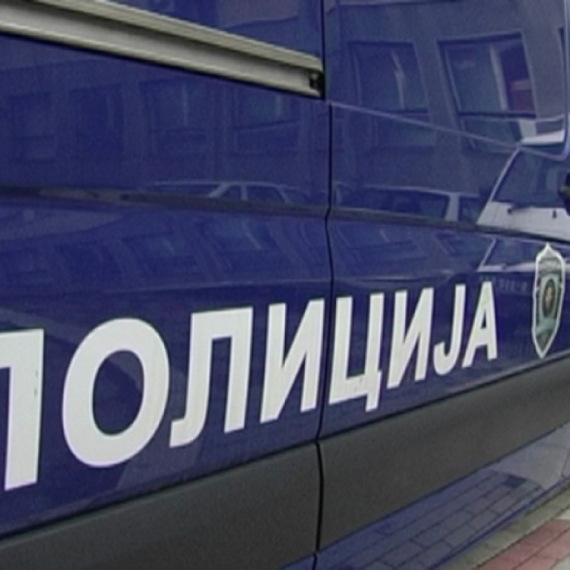

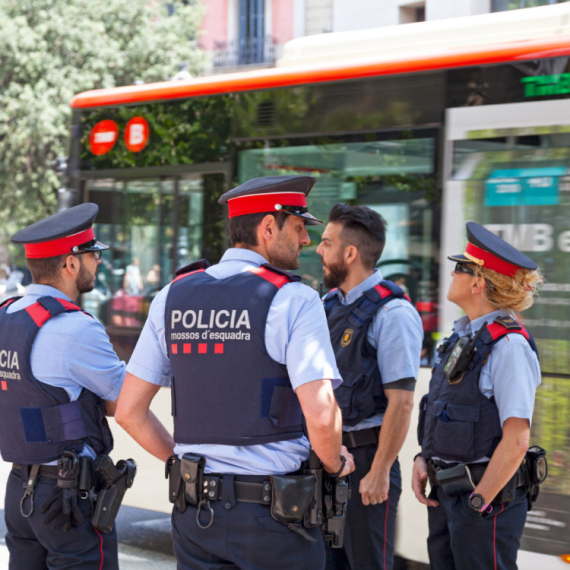
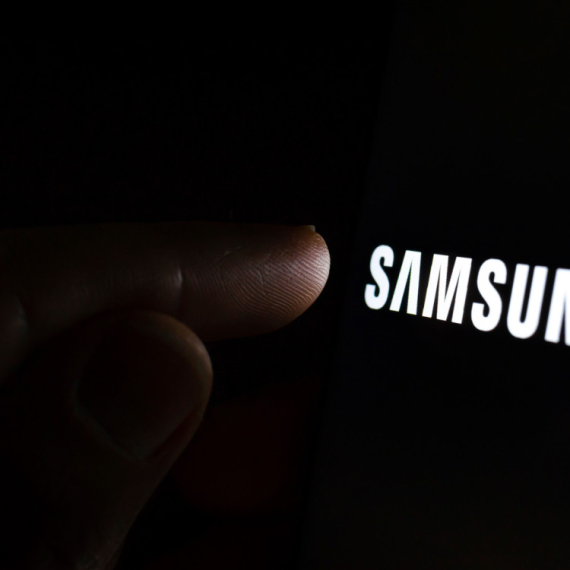

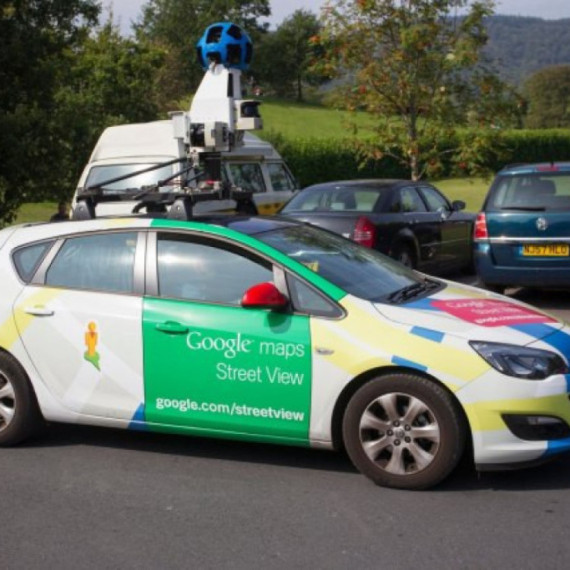
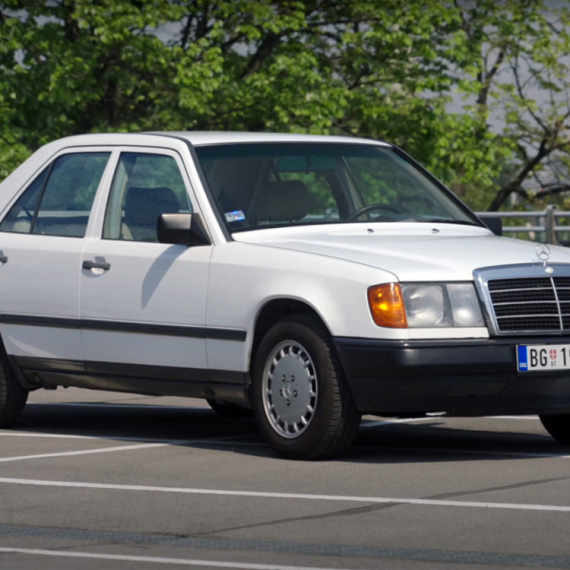
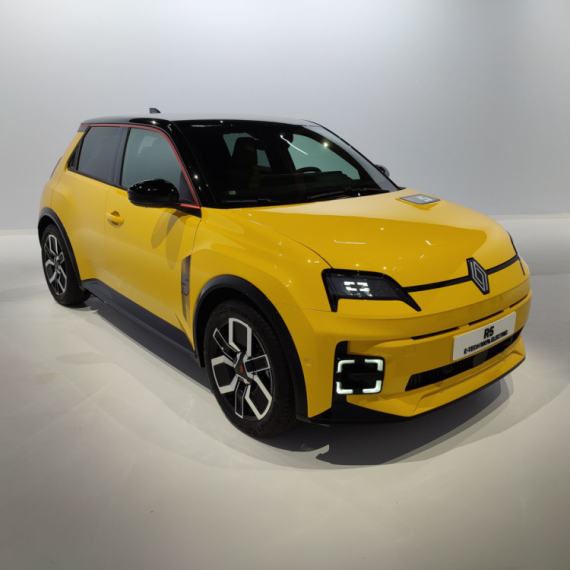
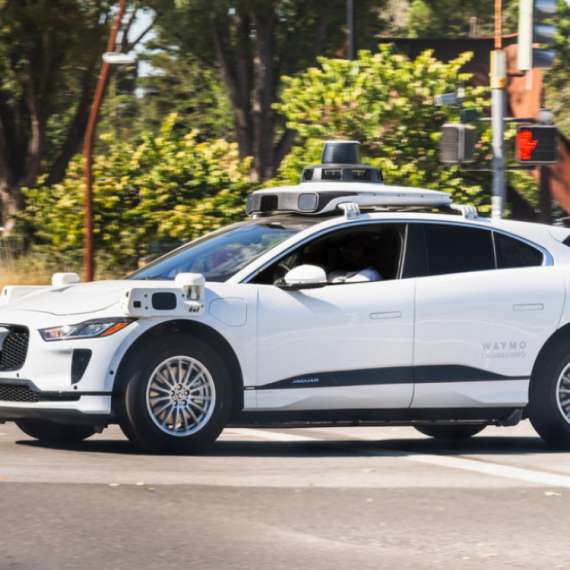

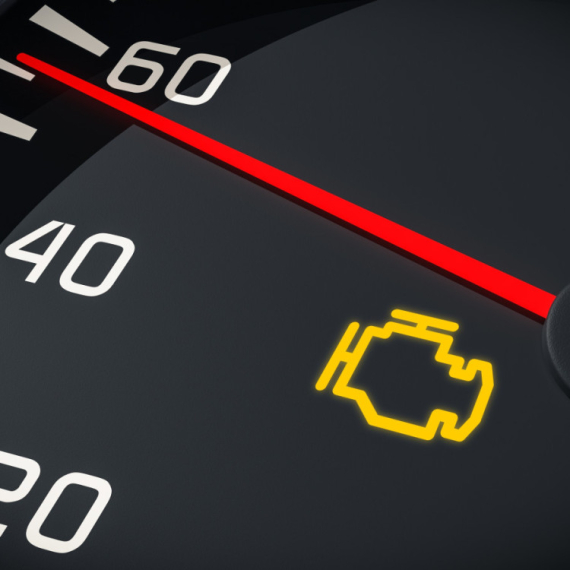
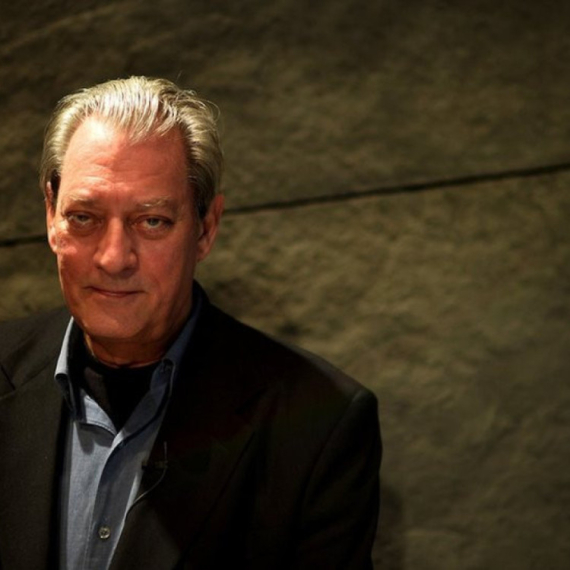
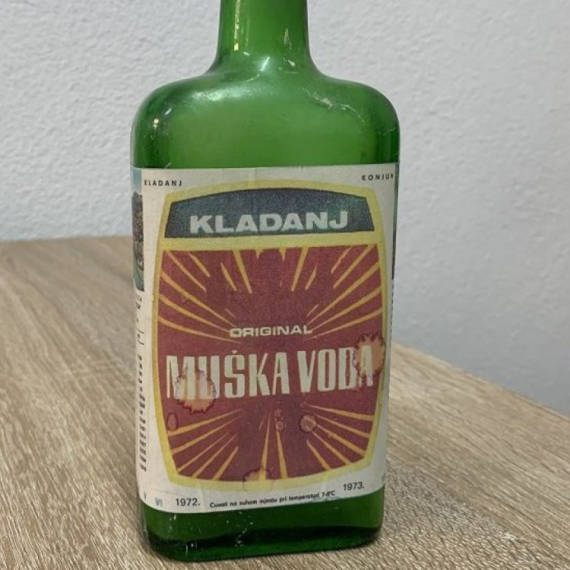
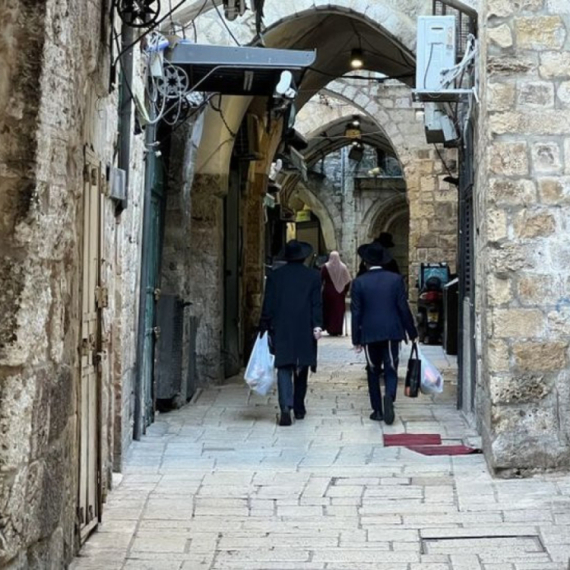

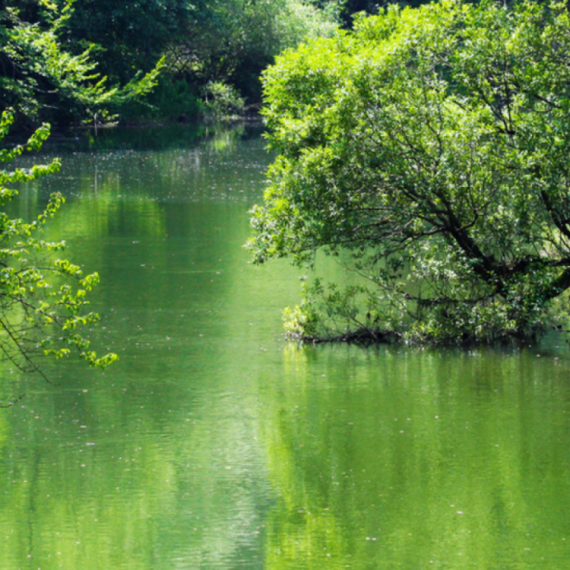

Komentari 0